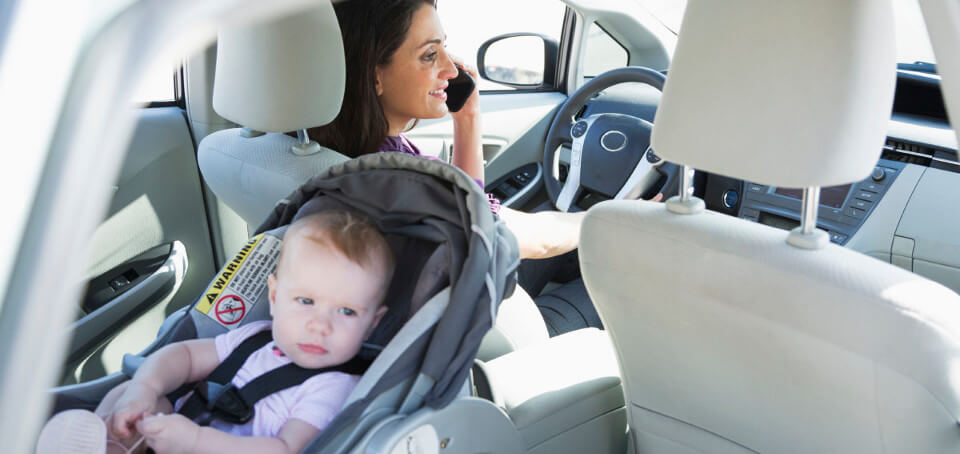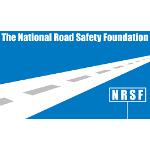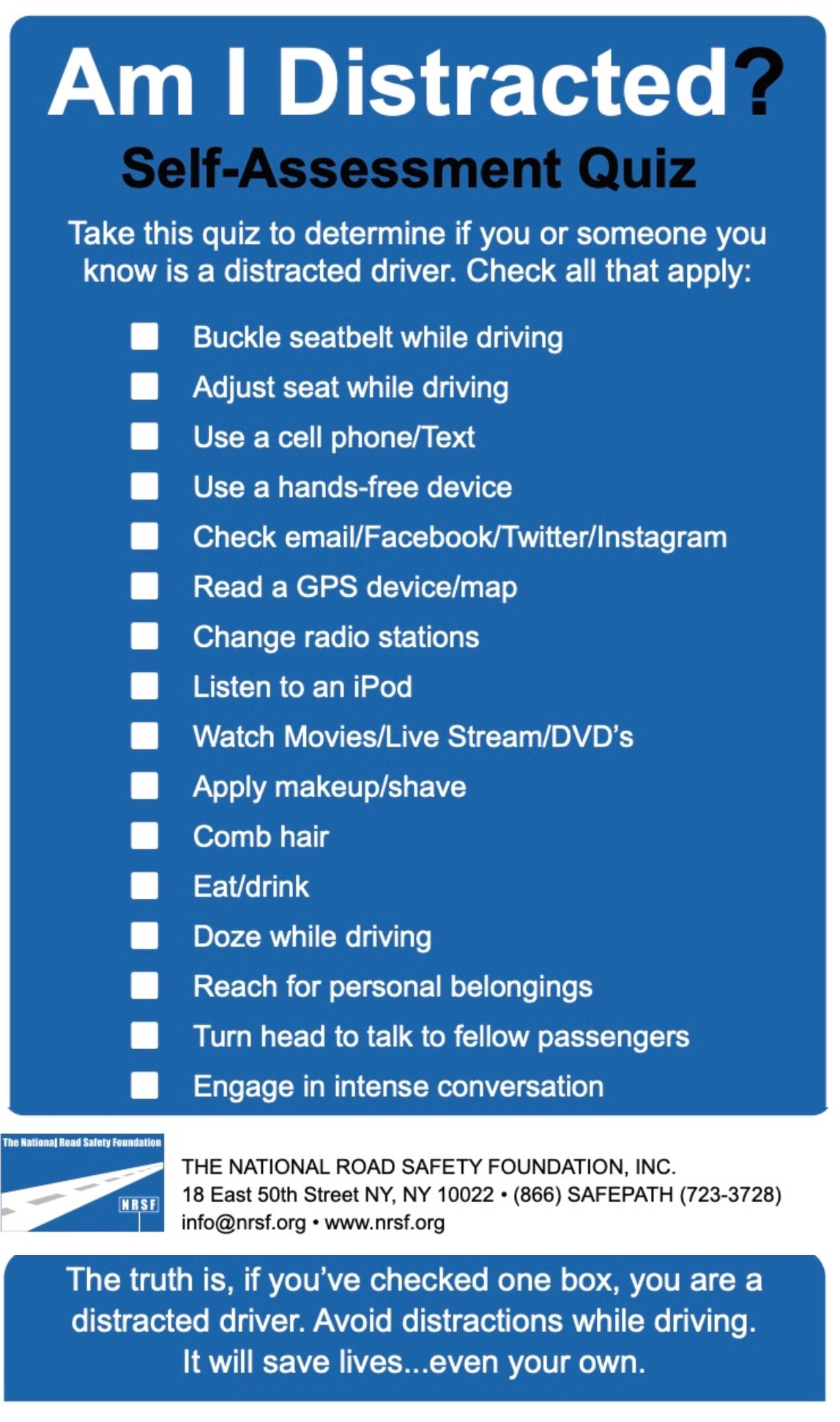
It was a seemingly normal day, and Jacy and her family were driving southbound. Suddenly, the driver in front of them made an illegal left turn through a red light. The driver, an 18-year-old man, had picked up his phone to make a call and didn’t see the light turn. As a result, an oncoming 18-wheeler was forced to swerve out of his way. While the 18-wheeler only barely touched the front of the young man’s car, it hit Jacy’s family head-on.
Both of Jacy’s parents were killed, and Jacy was left with unspeakable physical and emotional pain. The distracted driver who caused the crash, on the other hand, received only minor injuries.
Tragedies like these have become far too common. Each day in the United States, more than 9 people are killed and more than 1,153 people are injured in crashes caused by a distracted driver. These are people of different age, gender, race, and walks of life. But do you know what all of these distracted driving (DD) crashes have in common?
They are all entirely preventable.
If you saw someone juggling while driving, you would probably be pretty concerned. Picture it: a person driving along, taking their hands off the wheel and their eyes away from the road for seconds at a time as they juggle balls. Seems pretty risky. However, we see people using their devices all the time and barely bat an eye. Isn’t this just as risky? Doesn’t it negatively impact concentration and hand-eye coordination in the same way?
The answer is yes.
Cellphones were invented to make our lives easier, and they certainly have. But they are also making a lot of lives a lot shorter too.
What Is Being Done About Distracted Driving?
While distracted driving laws have been enacted to address this issue, we still have a long ways to go. Most states now have bans on texting while driving, although a lot of them have loopholes and other problems. For example, some states don't even consider texting while driving a primary offense, which means that a person can’t be stopped and cited solely for it—in spite of the fact that lives are being lost solely because of it.
States that have statewide anti-texting laws have lower rates of texting while driving – at a statistically significant level.
States that ban texting while driving have fewer crash-related hospitalizations
Manufacturers have tried to fix our distracted driving problem with even more distracting devices. They have developed so-called “hands-free” devices that let drivers use their gadgets without getting distracted. Except they don’t. On the contrary, research has found that speech-to-text devices pose even more of a threat to drivers than regular texting.
Our Attitudes Are Killing Us
Why haven’t legislators been tougher on distracted driving laws? And why is distracted driving still socially acceptable despite the constant media attention and PSA’s? A lot of it has to do with our attitudes toward our devices. Simply put, we can’t put them down. We also do not seem to place distracted drivers in the same category as drunk drivers or drugged drivers—even though they are all impaired drivers.
The truth is that until we change our attitudes, we won’t change our laws. There exists a huge disconnect in our attitudes toward distracted driving.
If you think that this is a big fuss over nothing, you’re right—but probably not in the way that you think. The big fuss is how far we seem willing to go to be able to use potentially deadly devices while we drive. The simple fact is that there is no safe way to use a device while driving and doing so will serve as a distraction one hundred percent of the time.
What Can We Do About Distracted Driving?
There are many things you can do to become a part of the solution.
- Smart drivers don’t use smartphones! Turn your device off and put it in the glove box when you’re driving. If you really need to make a call or text, pull over into a parking lot to do so safely.
- NEVER ride with someone who uses a cellphone while driving. If they insist, offer to make their calls or texts for them.
- Tweet all your friends that “no text, phone call, or selfie is worth a life” and ask them to retweet with #dontdrivedristracted.
- Post on Facebook that if somebody calls or texts you while driving, you will not respond. Let them know that you don't consider this behavior acceptable.
- Make this your mobile device email signature: “Sent from my phone, but not while driving!"
- On your voicemail message, say “I can’t take your call because I may be driving.”
- Help save lives by having the Courage To Intervene.
Where Can I Learn More About Distracted Driving?

Visit the National Road Safety Foundation website
WATCH: Groundbreaking documentary focuses on distracted driving
Bans on texting while driving tied to drop in ER visits for crash injuries
Arizona Students Against Destructive Decisions (SADD)

